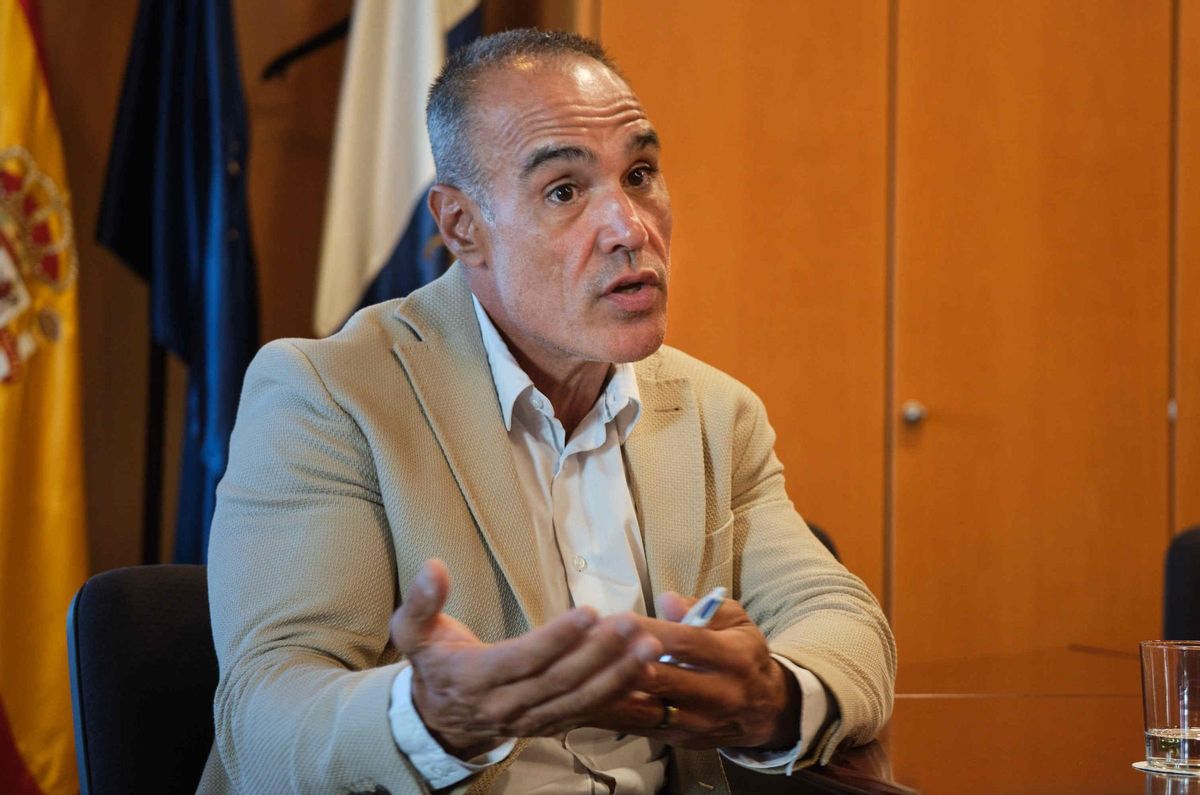The Commissioner of the Economic and Fiscal Regime (REF) of the Canary Islands, José Ramón Barrera, has established a working group with the Provincial Federation of Construction Entities of Santa Cruz (Fepeco) to drive initiatives that expand the availability of housing and overcome the housing emergency affecting the archipelago.
During a meeting attended by nearly twenty sector entrepreneurs, the builders requested the commissioner to promote a reform of the REF law so that small savers in the islands can benefit from tax incentives when buying homes.
Specifically, the employers’ association proposes that business owners and self-employed individuals be able to allocate part of their profits to the acquisition of rental properties by reintroducing a figure from the Reserve of Investments of the Canary Islands (RIC) that was eliminated in 2006.
With the RIC, companies can reduce up to 90% of the taxable amount of Corporate Tax, while self-employed individuals can lower their Personal Income Tax by up to 80%. This tax relief could materialise in the purchase of homes, rapidly increasing the housing supply, according to Fepeco.

The commissioner of the Economic and Fiscal Regime (REF) of the Canary Islands, José Ramón Barrera. / Carsten W. Lauritsen
The REF commissioner pledged to work on analysing the viability and impact of this proposal. “It is evident that we have a serious housing problem in the Canary Islands. That is why we want to explore how the current figures of the Economic and Fiscal Regime can help resolve it and what other measures we can implement to contribute in this regard,” stated José Ramón Barrera.
Fepeco proposes that business owners and self-employed individuals can allocate part of their profits to the acquisition of rental properties by reintroducing a figure from the Reserve of Investments of the Canary Islands (RIC) that was eliminated in 2006
“We are working closely with the sector to build the best solution through consensus. We want our REF to truly contribute to the development and welfare of all Canarians,” emphasised the commissioner during his press conference alongside Fepeco’s president, Óscar Izquierdo, who praised Barrera’s positive reception. “He is a very valuable interlocutor because he understands us and, above all, he works in favour of consensus,” highlighted Fepeco’s president.
Izquierdo and the sector’s company representatives at the meeting brought forth a series of measures they consider a priority to unlock the construction of new homes. These include facilitating access to financing for both the business sector and citizens, and streamlining procedures to obtain construction permits, which they criticised as taking between three to four years in certain municipalities.
“We are working hand in hand with the sector to build the best solution through consensus,” states the construction employers’ association president
The construction employers’ association president also took the opportunity to evaluate the urgent housing measures decree passed by the Government of the Canary Islands on February 19, describing it as a “very brave” step that he hopes will reach a successful conclusion in Parliament for final approval.
Entrepreneurs are hopeful that the government’s commitment to swiftly address the housing needs of the Canarian population will lead to “creating synergies between the Administration, entrepreneurs, and urban planning experts” to bring social housing to the market at affordable prices and also meet the demand of the private market.















